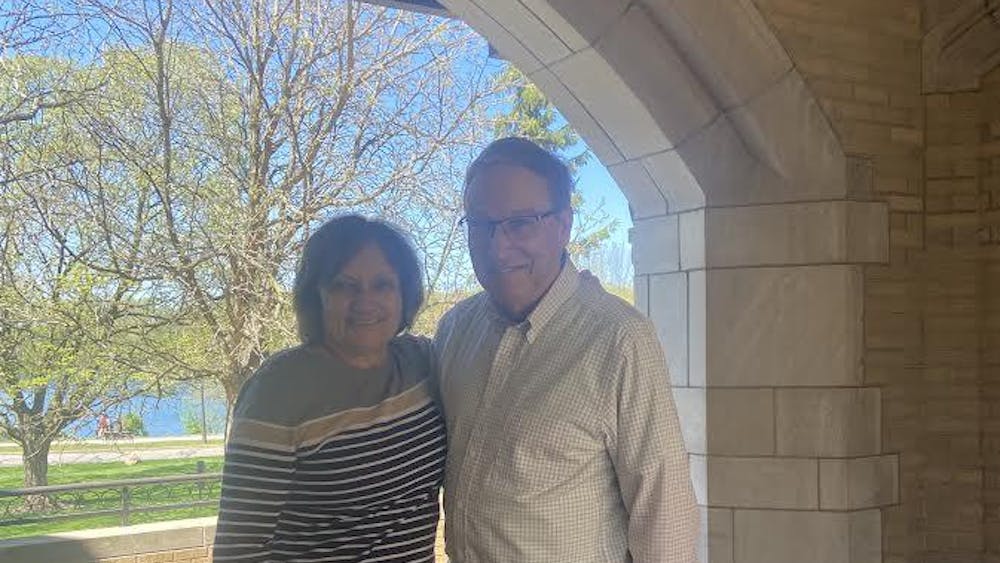When the stock market began sliding in September 2008, Notre Dame Finance professor Paul Schultz said financial regulators took several futile measures that resulted in undesired side effects. To prevent this from happening again, he decided to create the Center for the Study of Financial Regulation to examine the effects of regulations and provide input for future decisions.
"There's a lot going on in financial regulation right now. The SEC is very active in rewriting rules for trading in various markets and there's new restrictions in place on short selling," Schultz said. "We're trying to promote academic research into some of these regulatory issues. Financial markets have changed a lot in recent years so that indicates there will be a lot of changes in regulations in the next few years."

Schultz said as technology changes, new regulations are needed, and that these rules are written primarily by lawyers.
"We [at the Center] think that professors and economists should have more input into this," Schultz said.
The Center was founded last spring and hosted a conference in April that brought together academics and members of the business world, such as officials from the Securities and Exchange Commission (SEC) and United States Federal Reserve.
The new Center will prove useful in helping regulators be more informed about the possible long-term consequences of their regulations, which will hopefully lead to better regulatory decisions, according to Schultz.
"Hopefully we can promote good research in the area of regulations," Schultz said. "And hopefully we can lead regulators to make good decisions in regulations."
Schultz also said the Center would be useful in educating Notre Dame business students about the regulatory issues facing today's economy.

"What we hope to do is to have some speakers who will be on campus and will be talking about some of these issues that will be of interest to students," Schultz said.
The Center also plans to host another conference in the spring, most likely toward the end of May.
One of the main purposes of the Center is to bridge the gap between business in the real world and business in academia. Schultz said the two areas are becoming increasingly disconnected.
"Sometimes in universities we get kind of cut off on what's going on in the real world," Schultz said. "[By creating the Center for the Study of Financial Regulation], we hope to stay in closer contact with what's going on."











